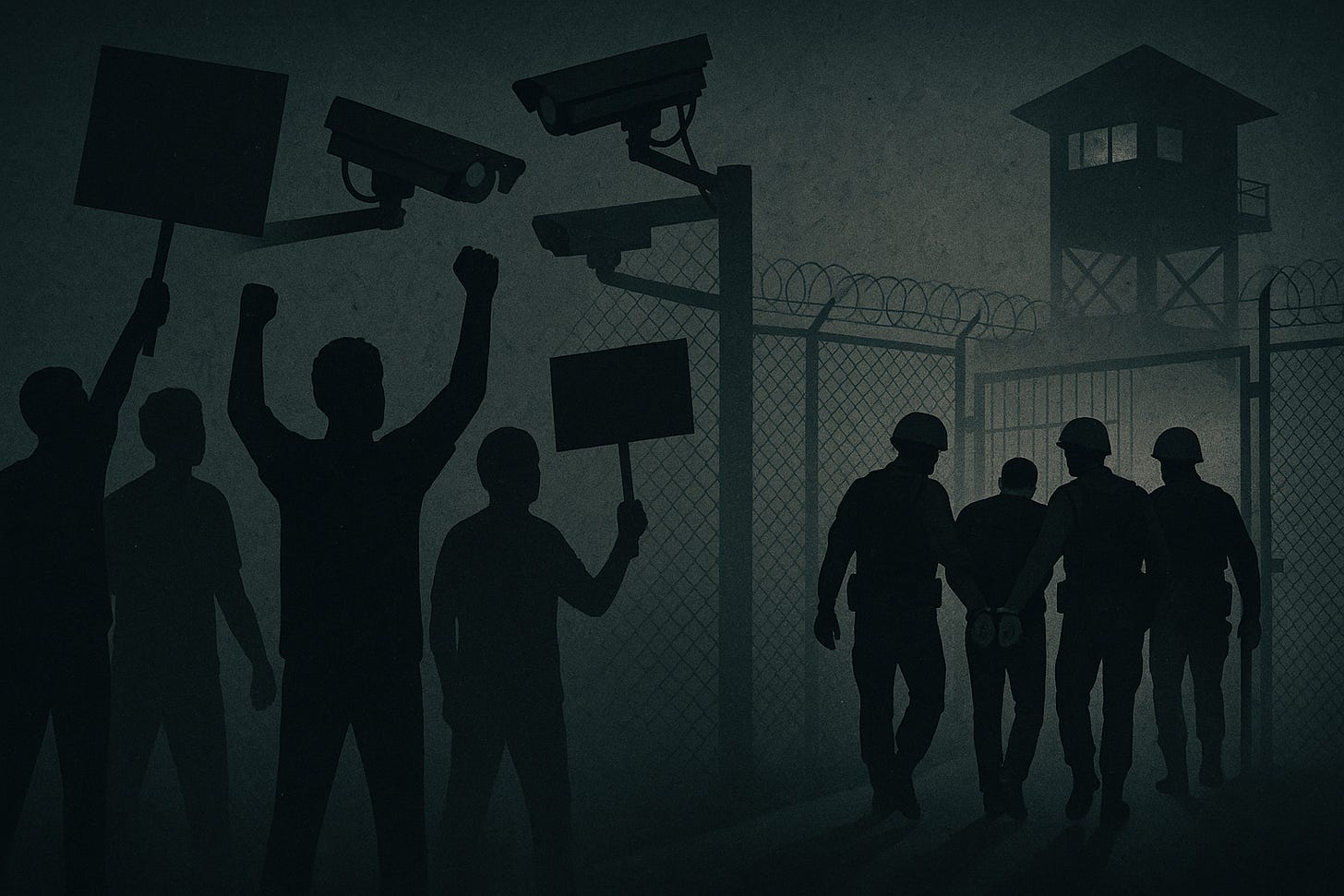No Trial, No Voice
Why Suspending Habeas Corpus Is the Point of No Return for American Democracy
In a year already rife with democratic backsliding, the unthinkable is beginning to sound like official policy: the suspension of habeas corpus.
Behind closed doors and increasingly in public, Trump administration officials have floated the idea of bypassing judicial…




